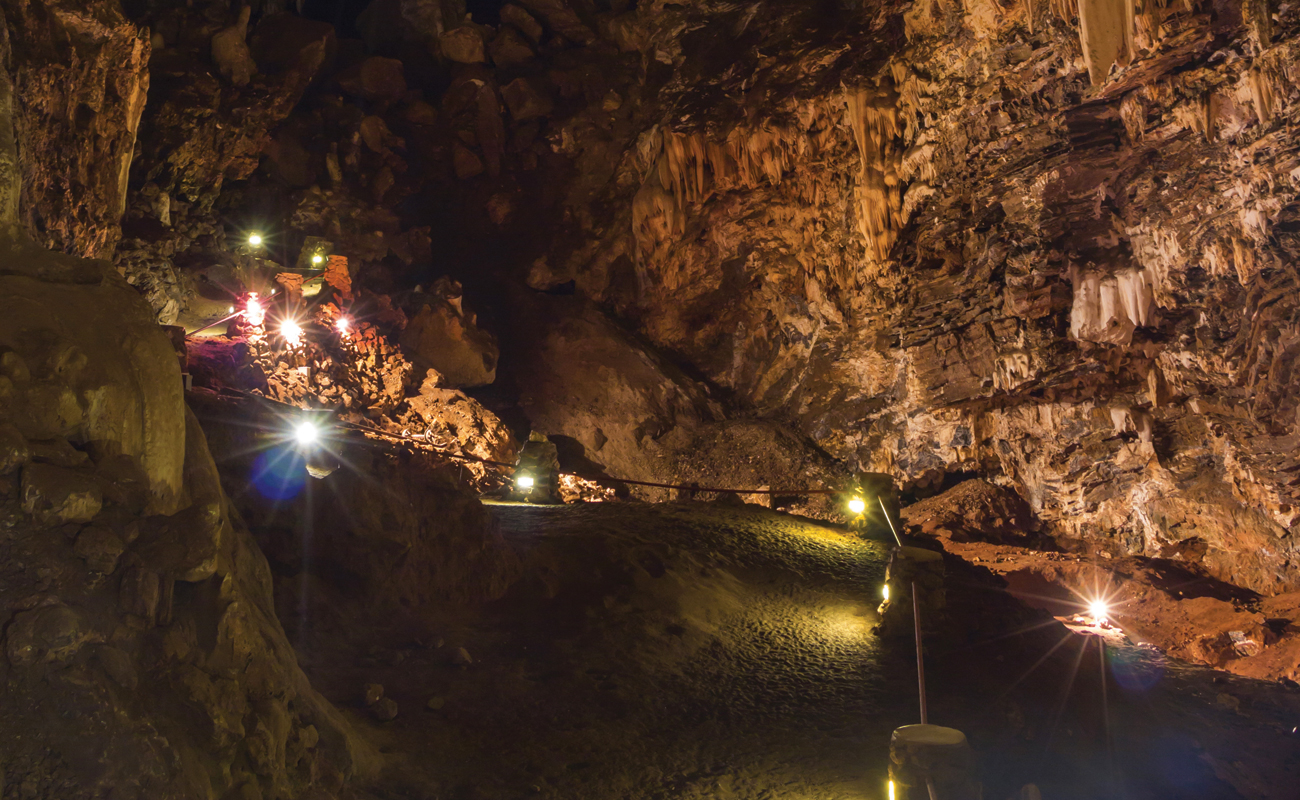Uralkali, one of the biggest producers of the fertiliser mineral potash, has secured its first export credit agency (ECA)-backed facility for the development of two new mine shafts.
The loan is for €171.4mn with a tenor of 14 years and the interest rate is based on the three-month Libor rate. It will be provided by UniCredit and DZ Bank, and comes with a guarantee by the German ECA, Euler Hermes.
“The credit line will be taken within a four-year construction period (in several instalments), and we’ll start repayments after the completion of construction,” a spokesperson for Uralkali tells GTR.
The mine shafts will be constructed by German engineering company Deilmann-Haniel Schachtostroj, encouraging the involvement of Euler Hermes, which has agreed to cover all the political and commercial risks.
Viktor Belyakov, acting CEO of Uralkali, comments: “Our first ECA-backed facility confirms the ability of the company to raise financing from the leading European banks. This deal further diversifies Uralkali’s loan portfolio and prolongs its average maturity.”
The German branch of UniCredit has acted as mandated lead arranger, ECA agent and facility agent while the bank’s Russian branch, ZAO UniCredit, is passport bank.
The potash industry has featured heavily in the news lately with questions over supply and prices but mostly from Uralkali’s withdrawal from its Belarusian trading arm, Belaruskali.
Prices have shown recent instability on the back of weak demand but increasing demand for protein in the form of meat and soy – both of which require more fertiliser – from China and India has helped to give potash companies a more secure view of the market, and the development of the two new mine shafts is part of this confidence.
“The constructed Ust-Yayvinsky mine [the two new mine shafts] is meant to be a substitute for the depleting capacities of one of our mines,” the spokesperson comments. The two shafts have a capacity of 11mn tonnes of ore per year.
Uralkali regularly taps the trade finance markets but has not looked to an ECA-backed loan before. Last year, it signed a five-year pre-export finance (PXF) facility worth US$1bn and led by American, French and Asian banks. In 2011, it secured a similar PXF to the tune of US$205mn.







